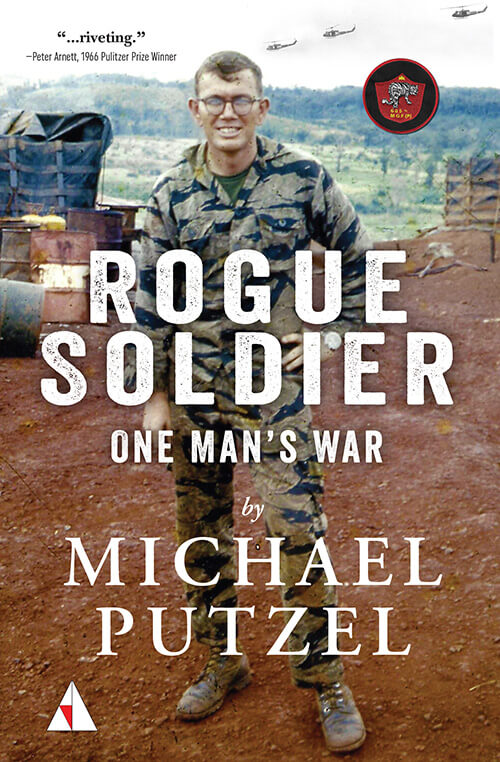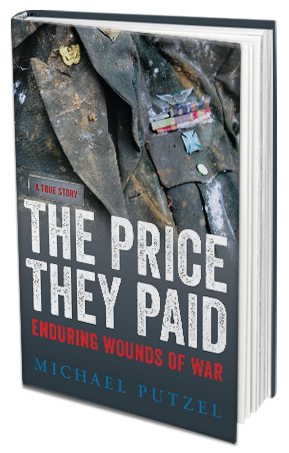Blog
Tough New Film About Enduring Wounds of War
Posted by Michael Putzel • November 01, 2017
Anyone who doubts the impact that war can have on those who fight should sit down and stay there for the 108 minutes it takes to watch Thank You For Your Service, a wrenching new film about a handful of American soldiers who return home after fighting together in Iraq. My wife was overcome and left after twenty minutes. I handed her the car keys and didn’t try to stop her.

It’s not just the violence, although there are some frightening moments of combat and shocking scenes back home. The film evoked in this viewer an inner pain one cannot escape by walking out of the theater. As a writer who knows of that pain from another war, in Vietnam, it rings so true in places that I wished the film were required viewing for all those who send others into battle.
Thank You For Your Service is the story of soldiers who struggle to resume their lives in Kansas after their Army deployment ends. In short, they can’t cope. One knows he is losing his memory, probably due to Traumatic Brain Injury (TBI); another is decimated when he discovers his fiancée has deserted him; the protagonist is overcome by guilt for dropping a wounded buddy during a firefight and tortured by the death of his platoon sergeant, who took his place on a patrol and was blown up when their Humvee was hit by an improvised explosive device (IED). Implicit in the film is the failure of an overwhelmed Veterans Administration to care for the wounded, especially those suffering from less visible disabilities, such as Post Traumatic Stress Disorder (PTSD).
If there are heroes, they are the wives who try desperately to hold their families together as their husbands fall apart.
Based on a nonfiction book by David Finkel, Thank You For Your Service is an able followup to an earlier Iraq war movie, American Sniper, directed by Clint Eastwood and written by screenwriter Jason Hall. That script was based on the memoir of real-life Navy SEAL Chris Kyle, a legendary sniper who was killed trying to help a fellow veteran suffering from PTSD. Although American Sniper was a box-office hit, I lamented that it paid scant attention to the role of PTSD in Kyle’s life or that of his killer.
Jason Hall, the same screenwriter credited with American Sniper, based his new screenplay on Finkel’s book and directed the film as well. Those who know the depth of the pain his characters struggle with will find important truths in this story with the grimly ironic title. I only fear the powerful exposé of the true costs of war may be too unrelenting for audiences seeking lighter entertainment.






